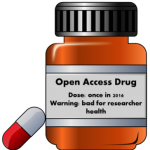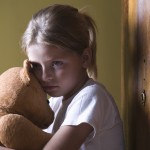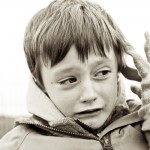Making research findings available: join the More Open Access Pledge

Eva Alisic from the Global Young Academy presents a new pledge that researchers are invited to make to increase open access publications.
The More Open Access Pledge is endorsed by us elves, so please sign up now if you can!
[read the full story...]Approximately 1 in 6 children develop PTSD after trauma exposure

How many children develop Post Traumatic Stress Disorder (PTSD) after a traumatic experience such as an assault, a car crash, war or disaster? William Yule, one of the godfathers of child traumatic stress research, once pointed out that rates reported in separate studies varied from 0 to 100%. So what is on average the rate [read the full story…]
New Australian guidelines for the treatment of ASD and PTSD in children

Do not use psychological debriefing when a child has been exposed to a traumatic event such as assault or a major car crash. And if you treat a child who has developed Posttraumatic Stress Disorder (PTSD) due to trauma, do not use pharmacotherapy either (that is, not as a first line treatment). Rather, apply the [read the full story…]
The role of siblings in children’s mental health

When you were young(er), did you also engage in personality predictions with your peers based on order in the family? For example, that the oldest of three siblings would be the bossiest and the youngest the most spoiled? Almost everyone (90% of us) have one or more siblings. And we know they play an important role [read the full story…]
Does self-help treatment for anxiety disorders work?

Many people struggle with anxiety disorders such as panic disorder, social phobia, and Posttraumatic Stress Disorder (PTSD). Moreover, about 30% of us have an anxiety disorder at some point in our life (Kessler et al 2005) but most people never receive treatment. Self-help interventions may provide a solution when people are unable or unwilling to [read the full story…]
